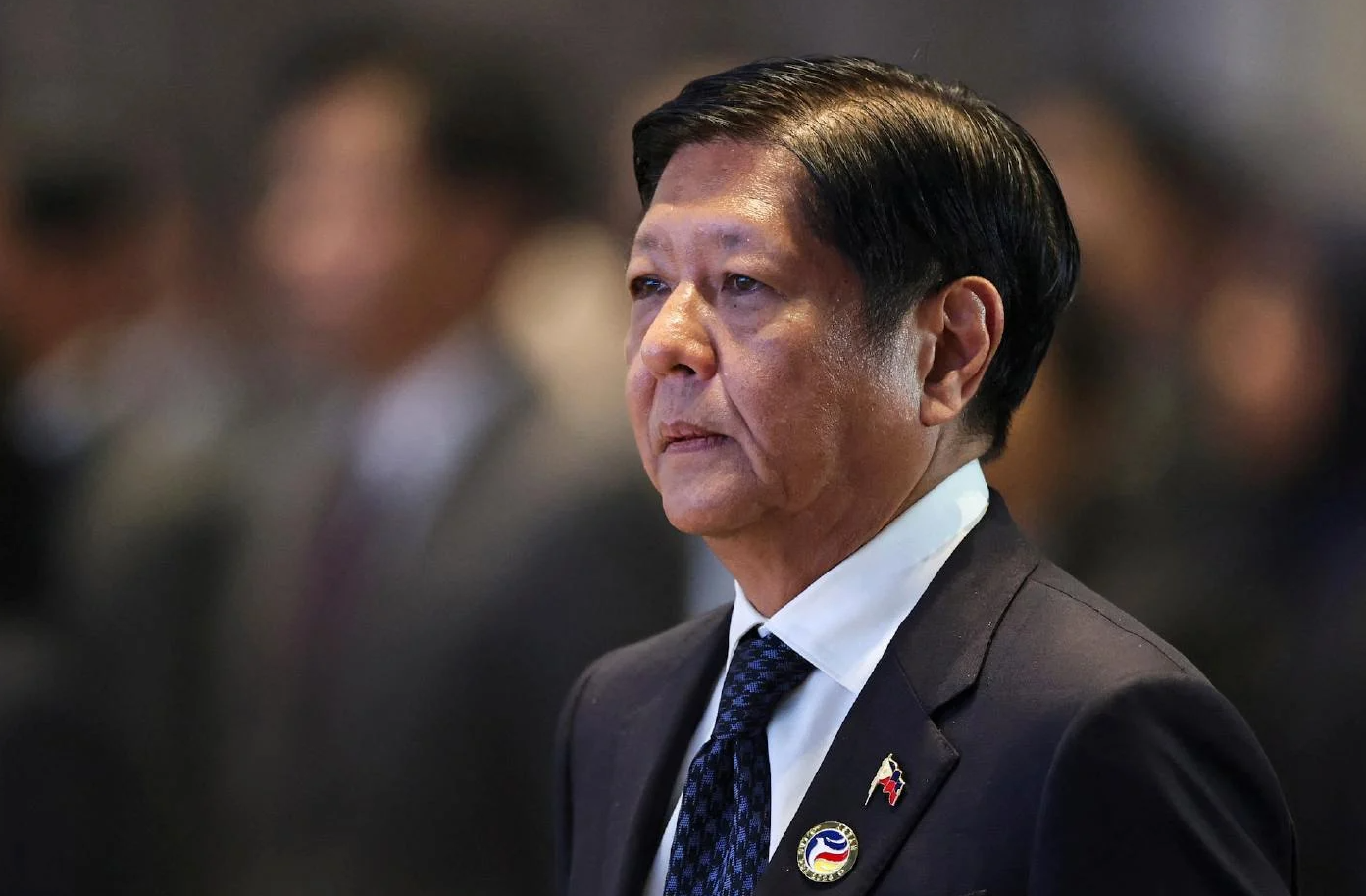
Richard Javad Heydarian, Professorial Chairholder in Geopolitics, Polytechnic University of the Philippines
Jan 09, 2026
As the Philippines assume the ASEAN chairmanship in 2026, President Ferdinand Marcos Jr. is seeking to de-escalate tensions with China while deepening defense cooperation with the United States and other partners amid rising frictions in the South China Sea. The strategy reflects Manila’s effort to bolster deterrence without undermining ASEAN consensus or provoking broader regional instability.
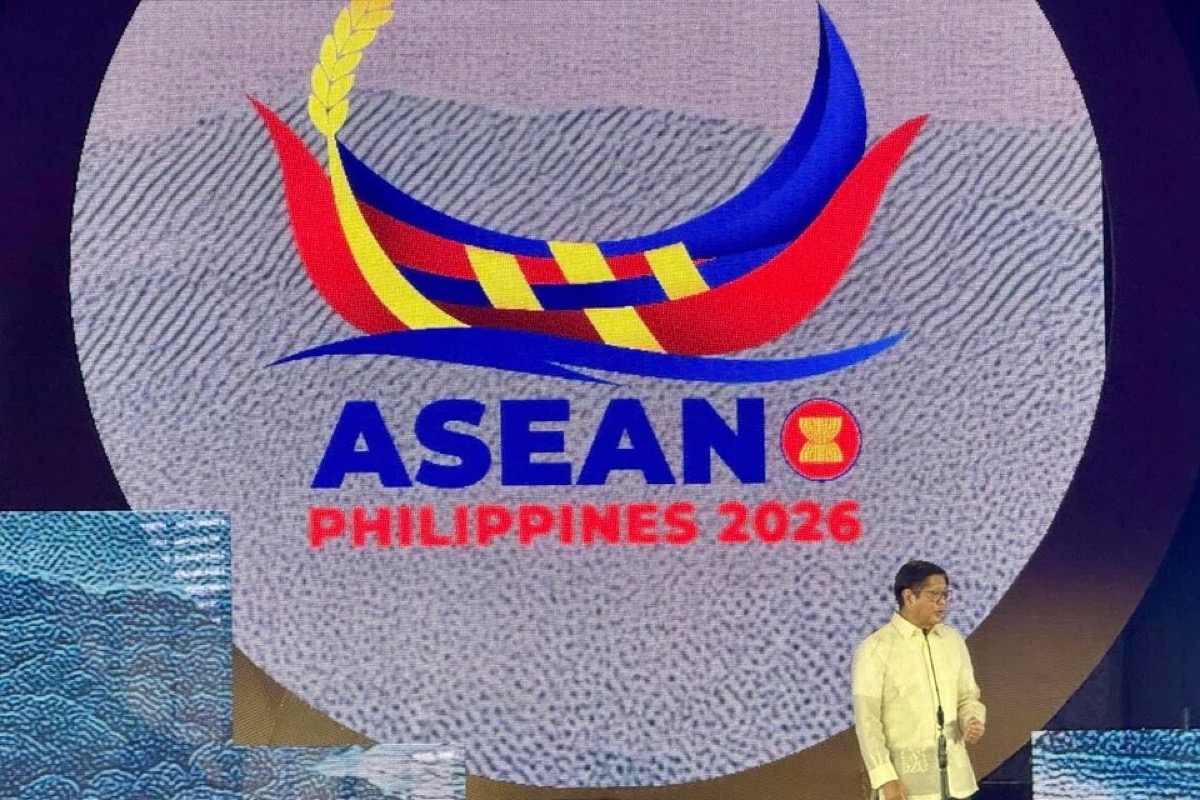
Lucio Blanco Pitlo III, President of Philippine Association for Chinese Studies, and Research Fellow at Asia-Pacific Pathways to Progress Foundation
Dec 18, 2025
ASEAN’s leadership has now been passed onto the Philippines during a time when traditional world powers like the U.S. and China are courting new relationships in rising regions.
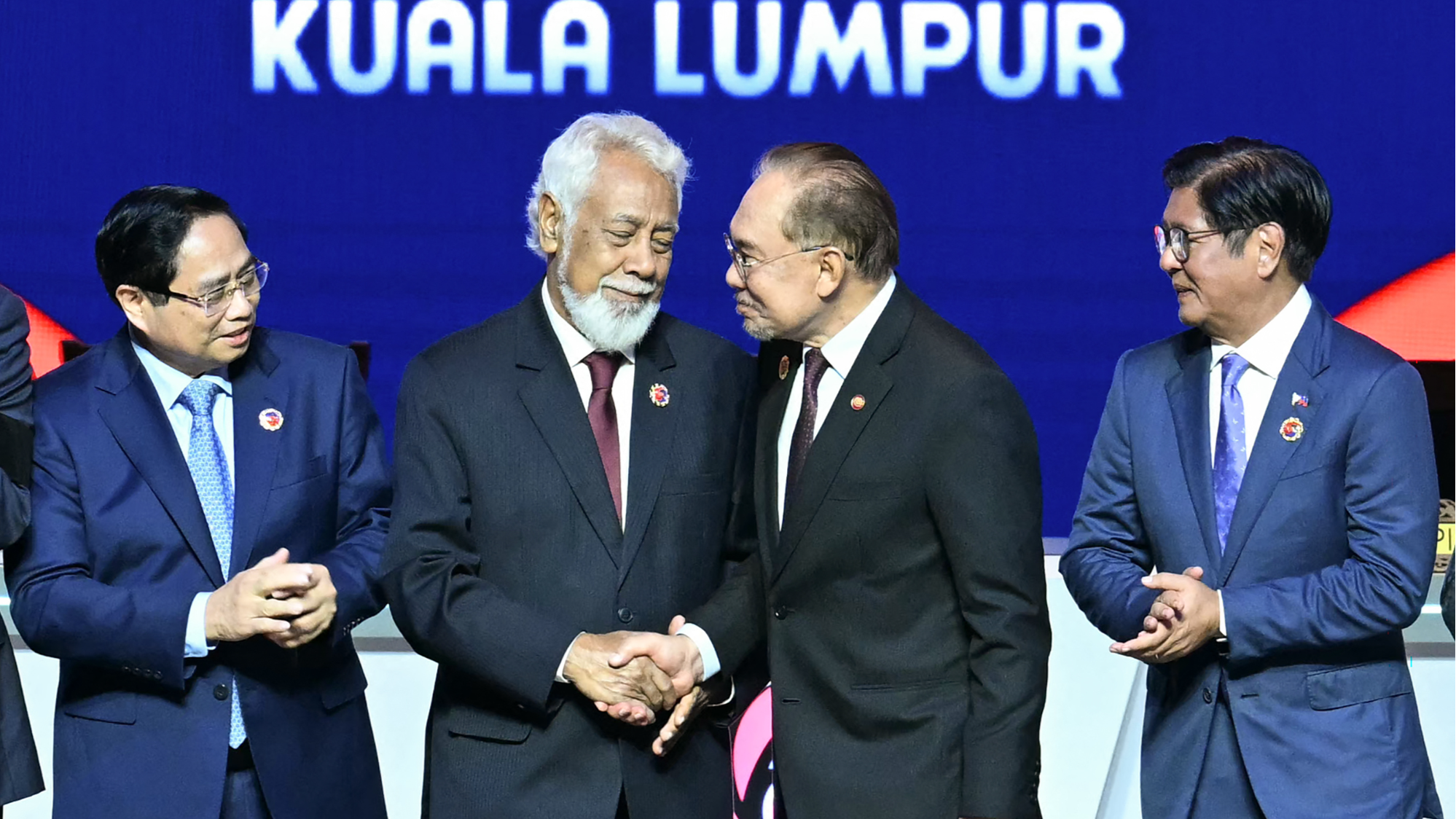
Brian Wong, Assistant Professor in Philosophy and Fellow at Centre on Contemporary China and the World, HKU and Rhodes Scholar
Dec 18, 2025
Timor-Leste’s accession to ASEAN underscores its expanding but still limited relationship with China, marked by significant infrastructure and trade cooperation alongside ongoing institutional and investment challenges. Deeper and more coordinated Chinese engagement would enable Timor-Leste to play a meaningful role in strengthening Sino-ASEAN cooperation.
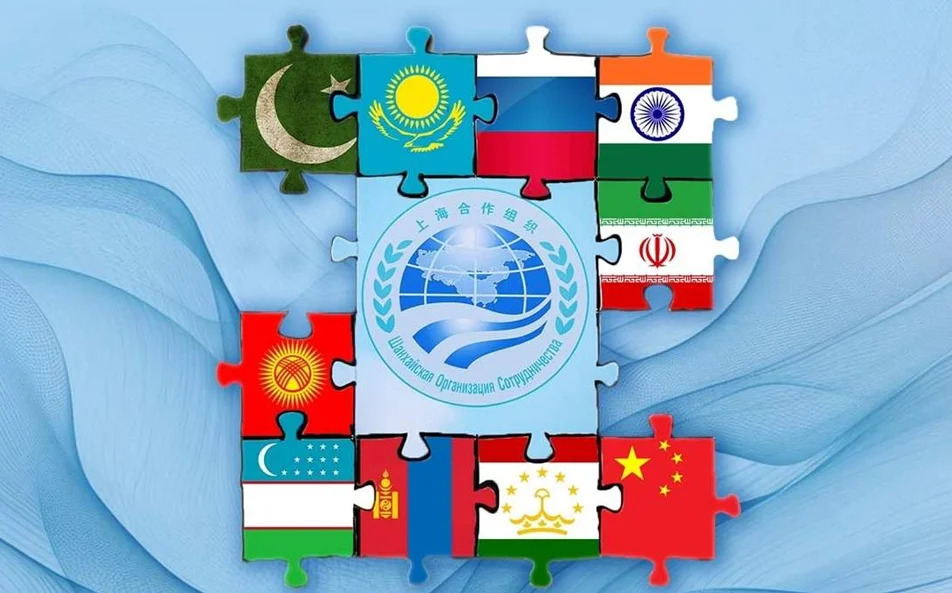
Gu Bin, Associate Professor, Beijing Foreign Studies University
Oct 09, 2025
The new way is not about dismantling anything. It simply rejects American hegemonic thinking and embraces the Oriental wisdom of consultation and co-governance. This approach, which transcends the American model, represents the future.
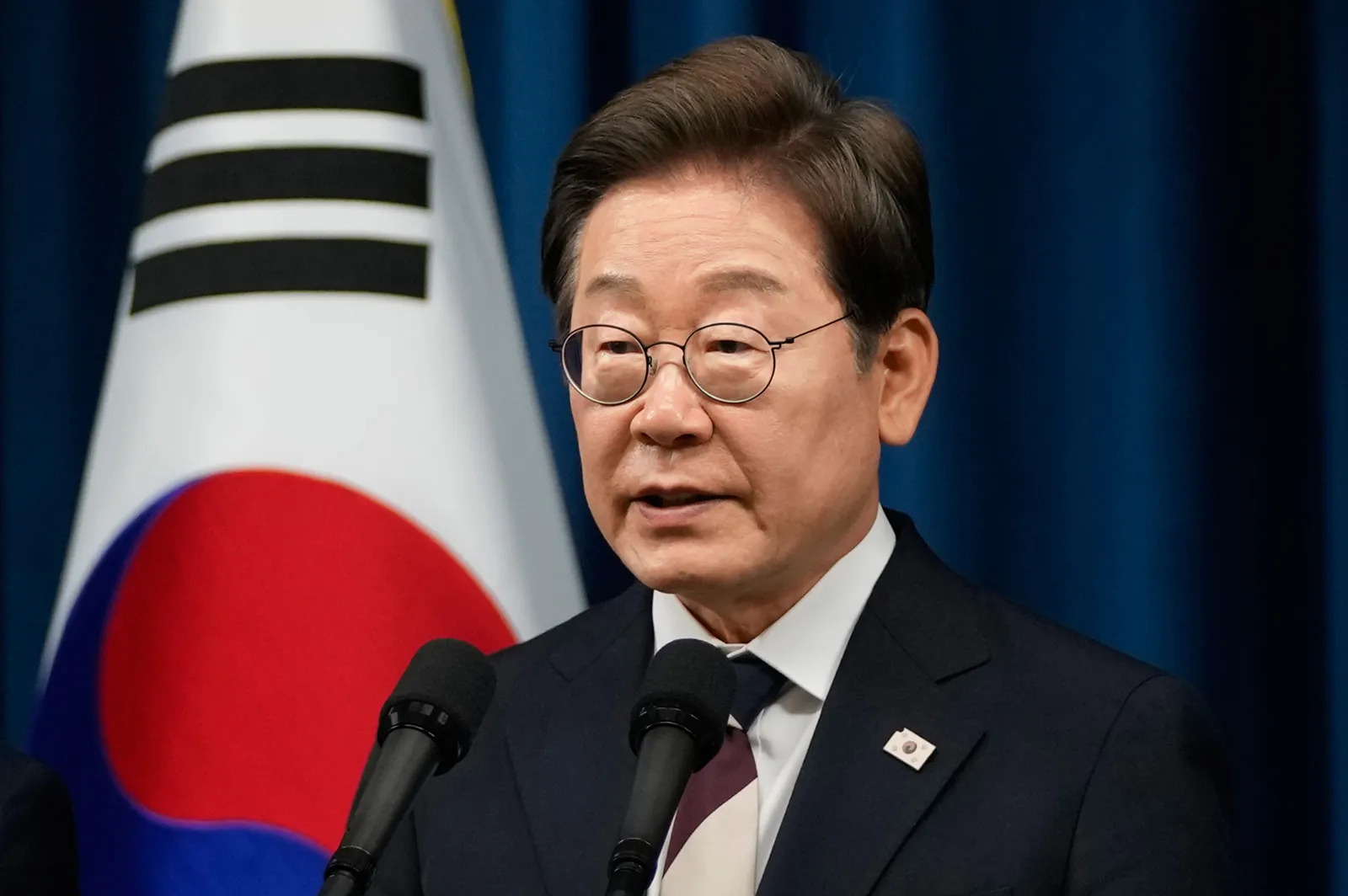
Zhang Yun, Professor, School of International Relations, Nanjing University
Sep 05, 2025
The trickiest problem for South Korea’s diplomacy is balancing the country’s relationships with the United States, China and Japan. Success hinges on consistent pragmatism in both domestic and international affairs.
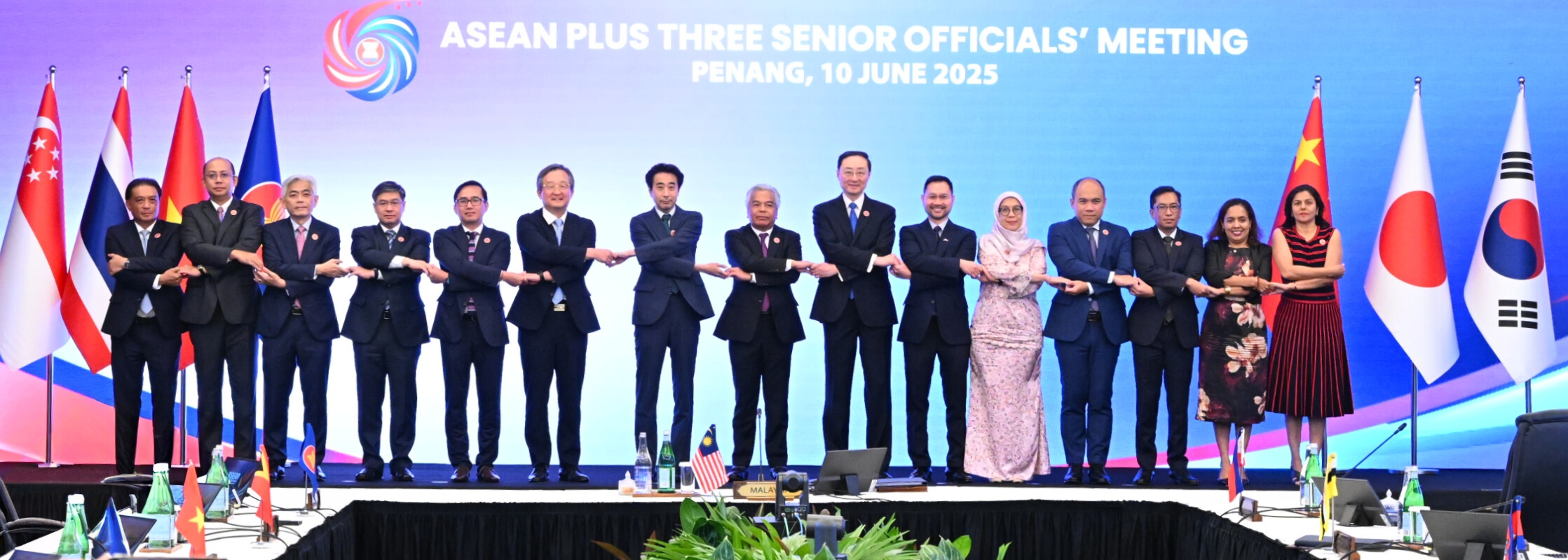
Yasuto Watanabe, Director of ASEAN+3 Macroeconomic Research Office
Jul 30, 2025
In times of geopolitical uncertainty, regional unity is the surest path forward. In July, the ASEAN+3 Macroeconomic Research Office (AMRO) released its updated outlook for the ten members of the Association of Southeast Asian Nations, plus China, Japan, and South Korea. AMRO revised down its growth forecasts for 2025 and 2026 to 3.8% and 3.6%, respectively, and highlighted the urgent need for greater regional integration.
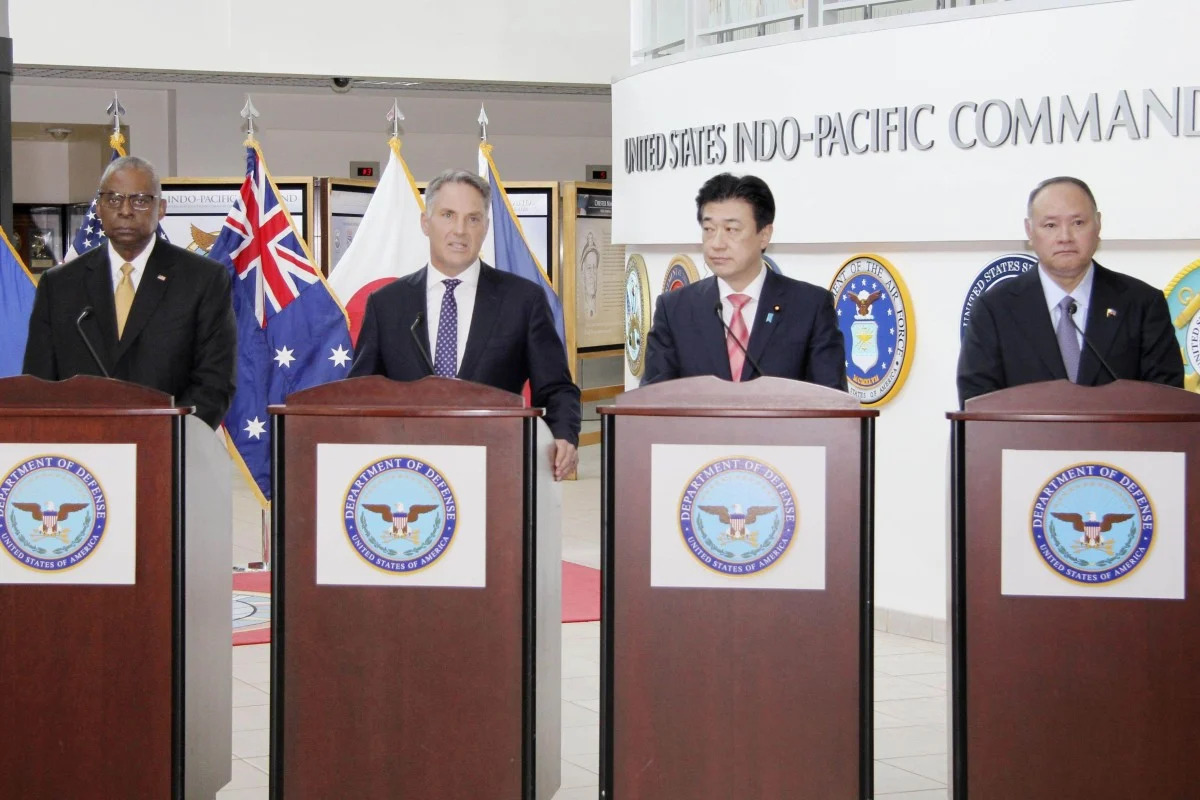
Du Lan, Deputy Director at Asia-Pacific Institute, China Institute of International Studies
Jul 18, 2025
Donald Trump prefers to treat the waters as a bargaining chip, so the United States may reduce high-profile provocations — such as close-in reconnaissance — and instead increase its “gray” tactics and low-intensity military exercises.
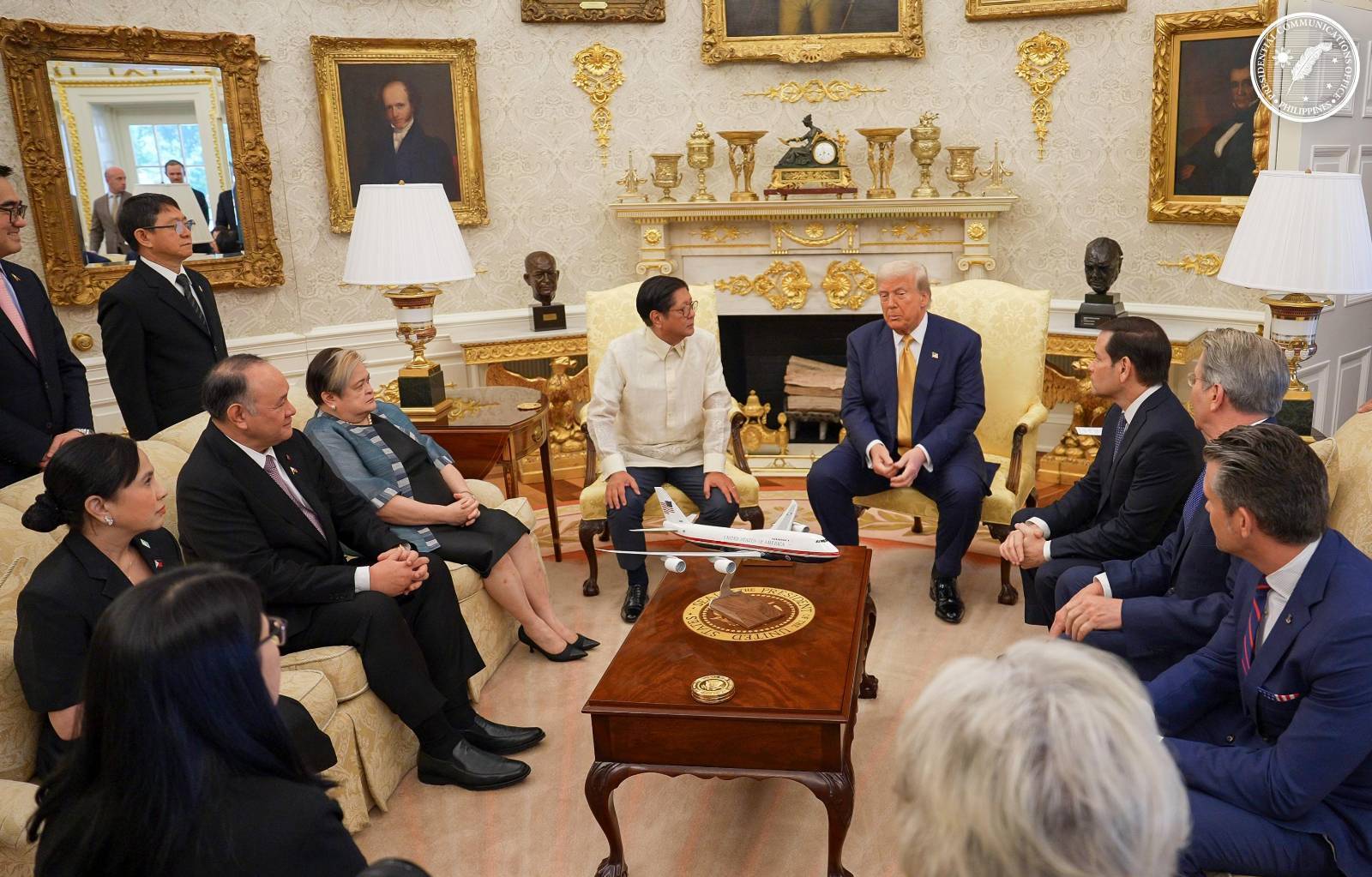
Lucio Blanco Pitlo III, President of Philippine Association for Chinese Studies, and Research Fellow at Asia-Pacific Pathways to Progress Foundation
Jul 18, 2025
As Philippine President Marcos Jr. embarks on a crucial trip to Washington, uncertainties triggered by U.S. tariffs are unsettling global markets and the trade war with China is squeezing third countries, including many in ASEAN. Lowering tariffs, pursuing investment pledges, and boosting cooperation in sectors such as shipbuilding, semiconductors, and critical minerals are key to rebutting claims that the relation is more arms than butter.
Kishore Mahbubani, Dean of the Lee Kuan Yew School of Public Policy, National University of Singapore
Jun 06, 2025
U.S. President Donald Trump’s tariffs – especially the ultra-high “reciprocal tariffs” that he says will be reintroduced on July 8 for any country that has not struck a trade deal with his administration – have sent countries around the world scrambling to respond, adapt, and limit the fallout. ASEAN’s ten members – Brunei, Cambodia, Indonesia, Laos, Malaysia, Myanmar, the Philippines, Singapore, Thailand, and Vietnam – have been among the most proactive.

Warwick Powell, Adjunct Professor at Queensland University of Technology
May 30, 2025
In the week of 25th May 2025, Kuala Lumpur played host to a landmark event: the inaugural ASEAN-GCC-China Summit. It brought together Southeast Asian nations, the Gulf states, and China - three pillars of the emerging multipolar order - in a signal moment of strategic realignment. While headlines may focus on trade, energy, and infrastructure cooperation, the deeper story lies in a quiet revolution in how the world’s fastest-growing economies trade, settle, and invest - increasingly without the U.S. dollar.
Back to Top

- China-US Focus builds trust and understanding between the U.S. and China through open dialogue among thought leaders.
- Our Offerings
- Topics
- Videos
- Podcasts
- Columnists
- Research Reports
- Focus Digest
- Stay Connected
-
Thanks for signing up!
- Get the latest stories from China-US Focus weekly.